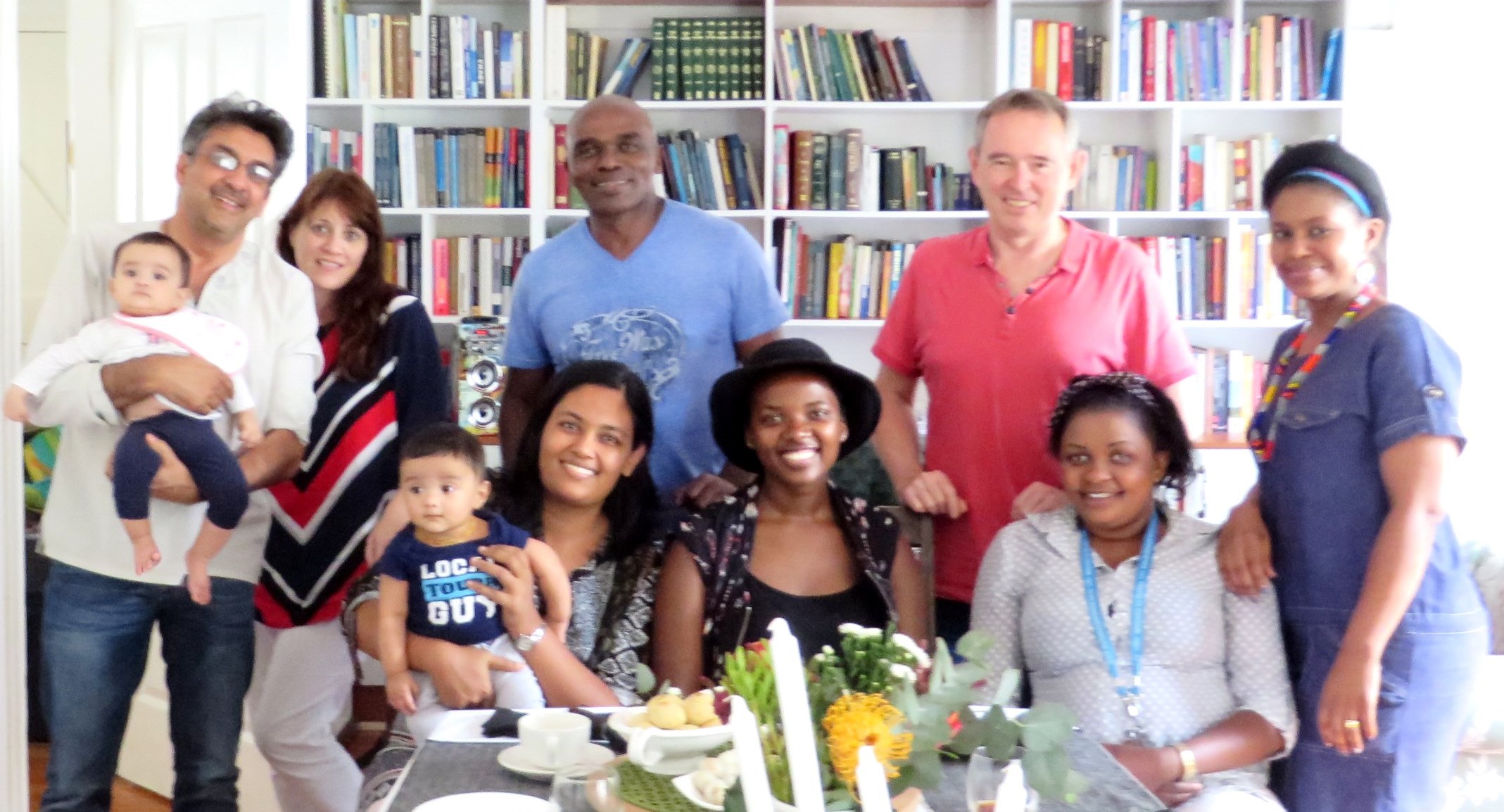“Qeda usizi” end our suffering: improving the lives of street cooks – Part 1.
Phumelele Mkhize and Trang Luu Freshly cooked mealies (corn-on-the-cob) are an essential Durban street food staple – they’re healthy, affordable and conveniently accessible to the local commuter population. Over the years, the preparation of mealies in the inner city has developed incrementally- from the hazard of large open fire cooking on city pavements, to a designated site … Read more










